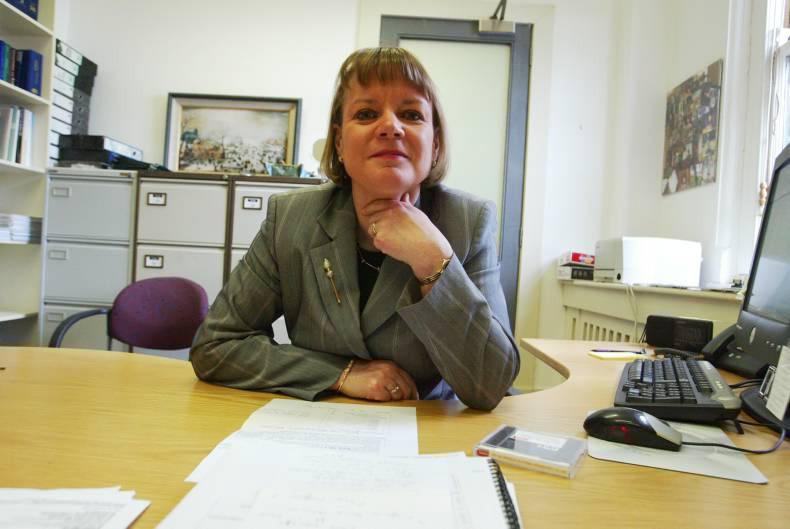“A root-and-branch reform is needed within the IFA, along with a complete review of its constitution. The strength of the membership participation should not be lost,” believes Prof Niamh Brennan of the UCD Centre for Corporate Governance.
Reviewing the IFA’s published financial statements and constitution this week for the Irish Farmers Journal, Brennan said the biggest problem is the gaps within.
“Errors of omission are always harder to spot. The IFA’s constitution is strong on membership issues but and there is very little about governance,” she said.
Starting with structure, Brennan said it is hard to see what structure forms the basis of the association – it’s not a company, it’s not a partnership – and therefore it is hard to know what rules apply to it, and therefore to say if it has broken any rules. For example, the constitution merely says an income and expenditure account and a balance sheet should be prepared but does not identify what further details should be disclosed.
“It is obvious the published financial statements made available to members are incomplete. In the 2013 financial statements, there are references to notes to the financial statements. These note number references are dropped in the 2014 financial statements. I would love to see the full audited financial statements as it is obvious there is an attempt to filter what is publicly presented.
“The fact there is also limited companies [ie IFA Telecom) also raises questions,” she said.
Brennan added that she doesn’t believe that a fully corporate model would be suited to a membership organisation such as the IFA.
“I have a great belief in self-governance, especially in membership organisations, but there has to be much clearer lines of responsibility when it comes to governance of such organisations.”
Looking at the IFA structure, Brennan said from a company viewpoint, the eight-man executive board looks like a corporate board and the general secretary is in effect the chief executive officer. The board has the ultimate responsibility and should have written reserved functions that cannot be delegated to management.
“These should be clearly set out. I would like to see a terms of reference of the executive council and the executive board. Are they there? Who exactly is responsible for what? Who signed the general secretary’s contract of employment?”
This raises the fundamental question as to who was authorised to sign contracts of employment. Regarding a severance package, Brennan said that will depend on the terms of the employment contract that Pat Smith was given. When it comes to pay packages, she believes there is a balance to be achieved. If farmers want a good CEO, they must realise that there is a cost.
“The salary of the chief executive should be available to the board or at the very least a committee of the board. Ideally, they should also have oversight of the senior management salaries,” Brennan said.
However, she made the point that confidentially is critical. If confidentiality is an issue, then the members themselves might be partly responsible for the culture of secrecy in the IFA.
“If members want high standards, they have to apply high standards to their own actions and treat their roles that way. You get the gut feeling that the IFA is an organisation with a culture of secrecy that has developed and lack of confidentiality when required could partly be the reason for the current problems,” she added.
Understanding these standards of behaviour does not just happen. There needs to be a standard induction for each new member coming on to the executive council and board, as well as ongoing training. The organisation is in a very difficult position with no chief executive and in effect no chair of the board.
“There is no point in seeing heads roll if there is no effort to change the fundamentals of the business,” said Brennan.
“Con Lucey raised many of the right questions in his letters but the real issue is that even after the last week, is the organisation receptive to change or will it be derailed by the political issues that remain?”
Finally, she made the point that there will also be a huge role of communication to all the members to rebuild the trust in the organisation that has been lost.




SHARING OPTIONS